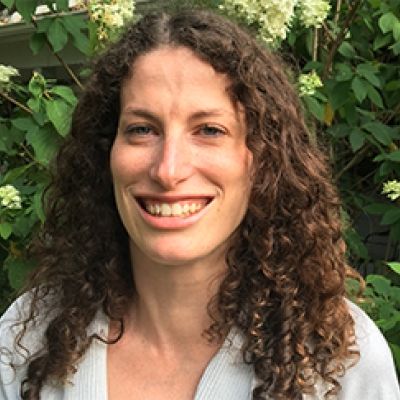In this yearlong clinic, students gain hands-on experience working with clients who have problems that are covered by various consumer protection laws, mainly those governing debt collection and other debt-related issues.
This yearlong clinical course is offered in partnership with the Legal Aid Justice Center, and course meetings are typically held onsite at the firm. LAJC’s clinics are designed to educate students about the range of strategies used by attorneys to identify, investigate and attack systemic injustices, encouraging holistic and community-partnered approaches to lawyering.
Payday lending, title pawns and debt collectors are all part of a larger system targeting vulnerable communities, which traps those with less in a cycle of poverty. The consumer law clinic explores what some call “Poverty Inc.” through hands-on experience with clients, litigation and research. Students learn basic information about various consumer protection statutes while practicing skills related to the entire range of client representation, such as interviewing clients, investigating complaints, conducting discovery and drafting court pleadings. Students gather factual information and conduct legal research to analyze their client’s legal rights. Students represent consumers in negotiations and participate in court and administrative proceedings to the extent permitted by law.
Prior clinics have included two class-action lawsuits and several cases in federal court, and participation in impact litigation is likely for this academic year. Students also learn about the role of the Consumer Finance Protection Bureau, a federal agency set up to help protect consumers. Finally, students are given the chance to identify ways that the rules affecting consumers should be changed and to work on making such changes happen. Students engage in casework throughout the year.
ATTENDANCE REQUIREMENT: Enrolled students who do not attend the first class session and the mandatory orientation will be dropped unless granted prior approval by the instructors.
Students interested in this clinic must rank the clinic in the clinic lottery within the timeline set by the Student Records Office. Students selected for the clinic through the clinic lottery process will be automatically enrolled prior to the regular course lottery.
The positions that the clinic takes on behalf of its clients are independent of the views of the University of Virginia or the School of Law.
Faculty
Caroline Klosko
Lecturer
Skills Taught
Represent clients with consumer problems, brief-writing, consumer protection laws, legal research, interviewing clients, conducting discovery, drafting court pleadings
Grading
S/U (fall); letter grade (spring)
Course Credits
8 (4 fall/4 spring)
Application
Lottery
Instructors
